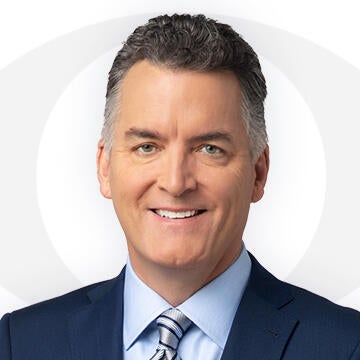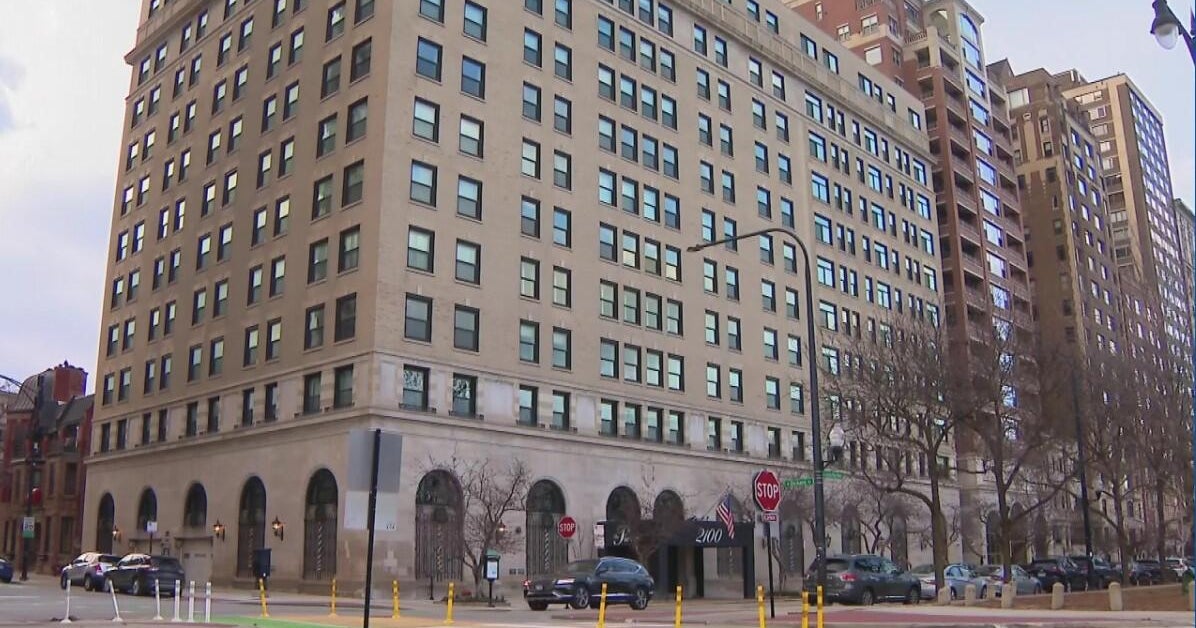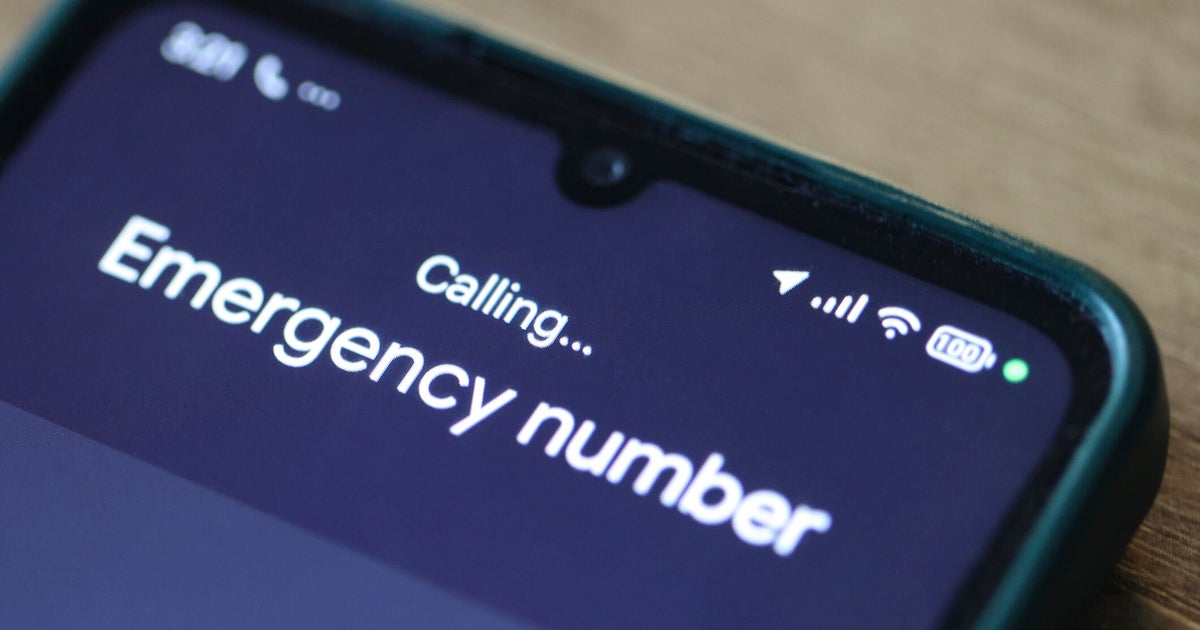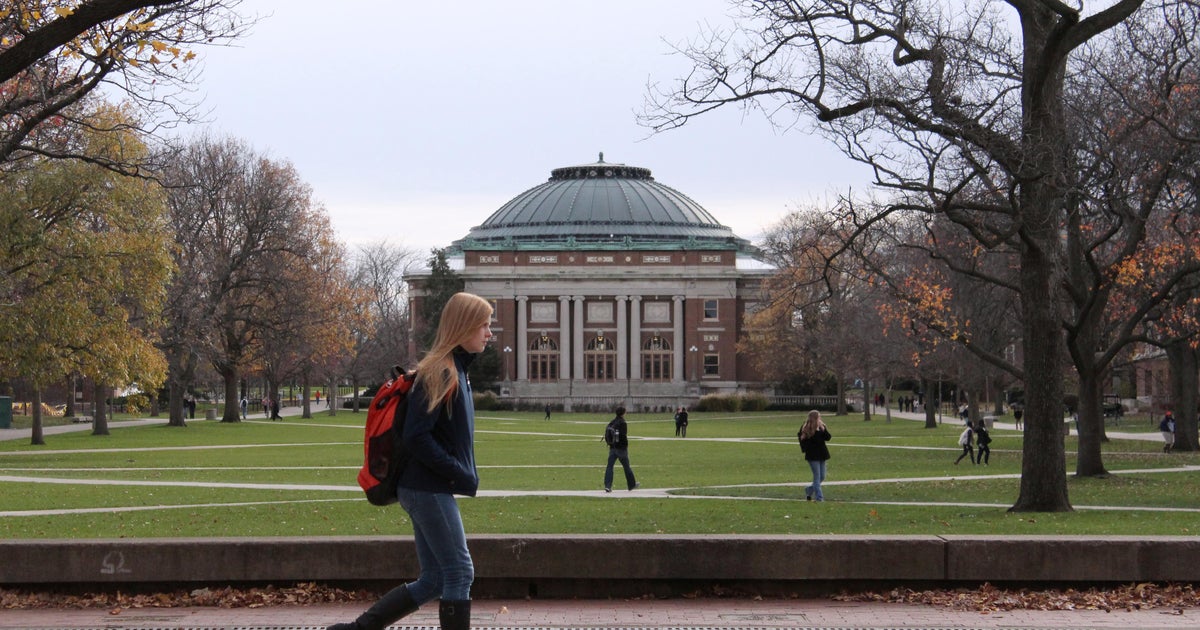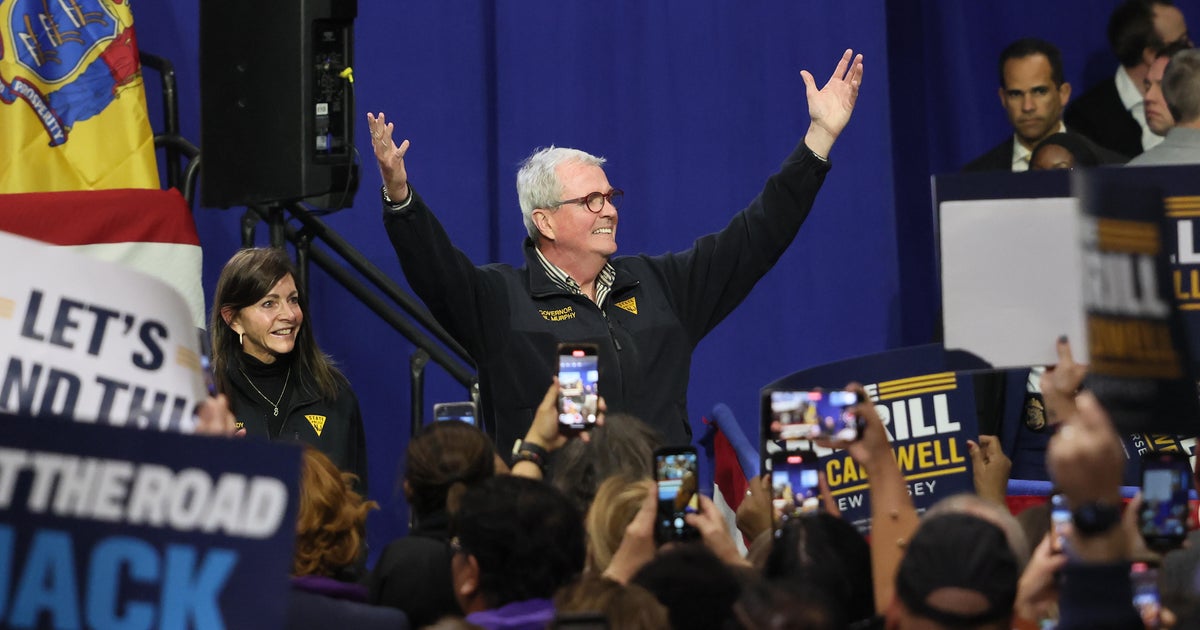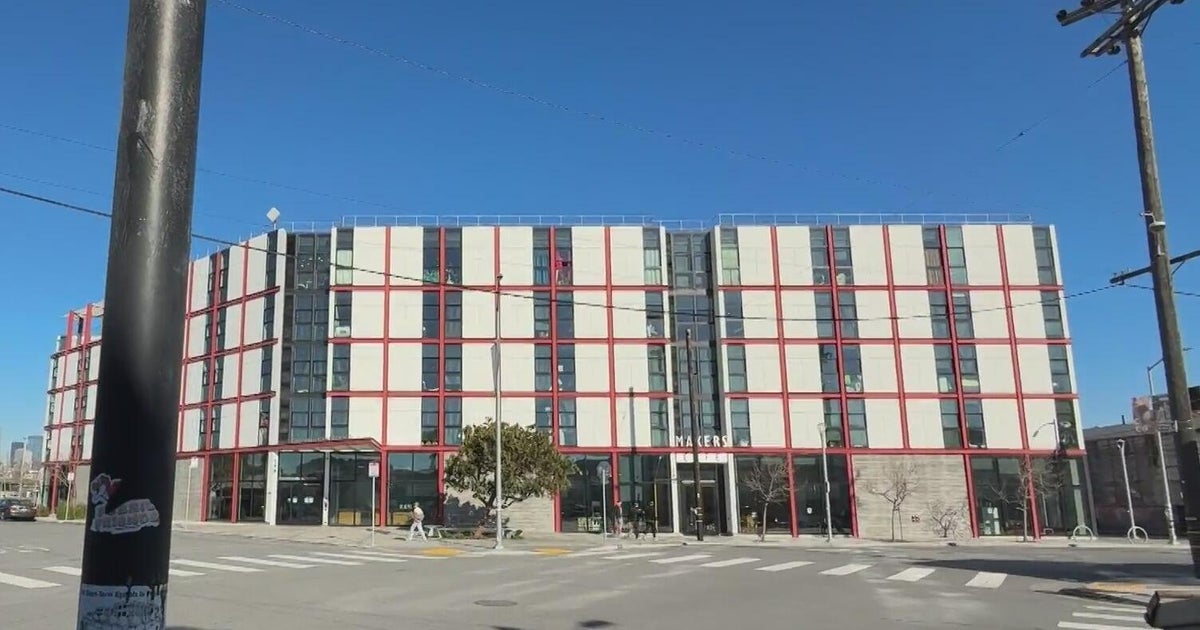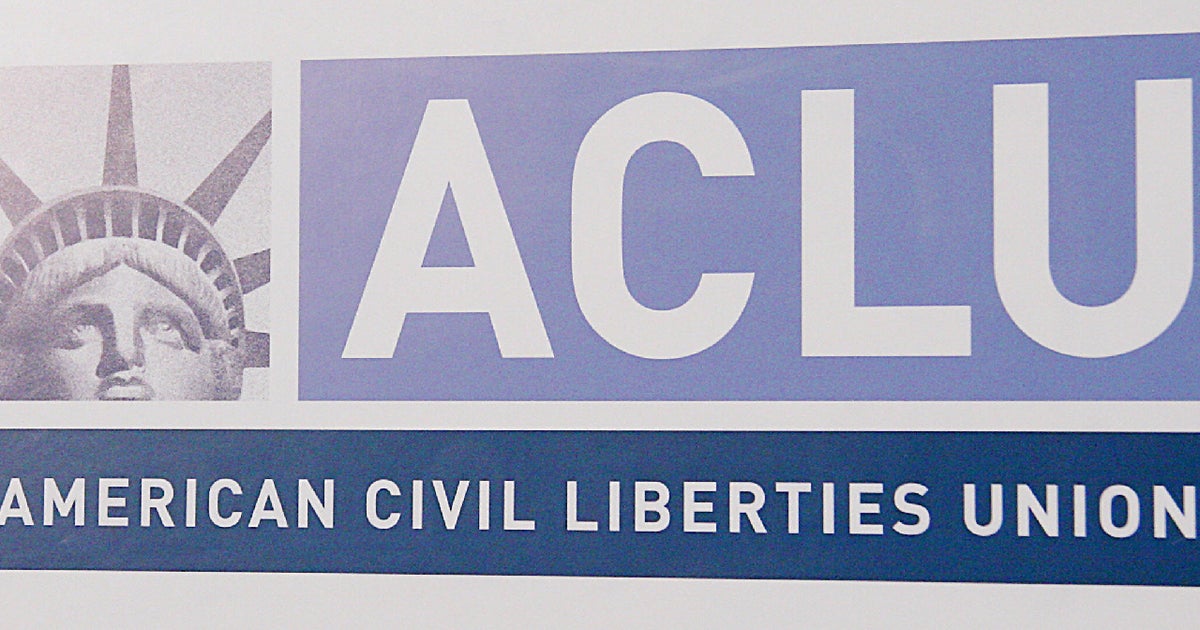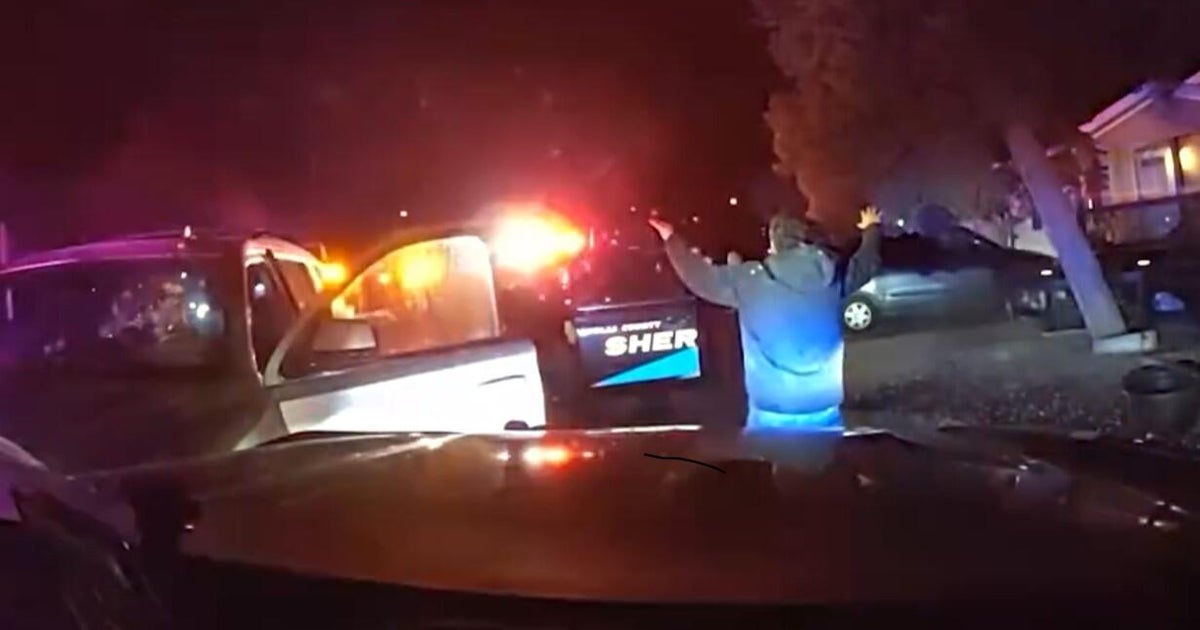Doomsday Clock is closest its ever been to human extinction, but University of Chicago scientists remain optimistic
It was a small change, but a frightening one. Last month, the "Doomsday Clock" was moved up to 89 seconds, the closest the world has ever been to total annihilation.
The Bulletin of Atomic Scientists, based at the University of Chicago, uses the clock as a metaphor to show how close the planet is to reaching human extinction.
Believe it or not, the goal of the Doomsday Clock isn't to scare you. It's to make you take action.
Despite the grim message the clock currently conveys, one of the people behind it is actually optimistic about humanity's future.
University of Chicago professor Daniel Holz is one of the people who moved the Doomsday Clock forward last month. He's the current chair of the Science and Security Board at the Bulletin of Atomic Scientists, which has been tracking the risk of world destruction since atomic weapons were invented.
"It's a symbolic thing. We're trying to capture the urgency of the moment," he said. "We're at a moment of incredible danger. Everyone is freaked out. What are we doing? We need to turn the clock back."
At this moment, Holz said humanity is threatened by nuclear weapons…
"We're building more weapons, we're modernizing the arsenal. Even though we have plenty of weapons to wipe out civilization many times over ... we want even more and even better weapons. You can ask why, but we're doing it, China's doing it, Russia is doing it, the treaties are all going away," he said.
Climate change...
"Climate change is happening. We just came off the hottest year on record. There are fires, there was floods, there's extreme drought. There are extreme storms. It's all happening. I don't think anyone paying any attention has any doubt at this point that climate change is happening, and it's getting worse," Holz said.
Biohazards like pandemics...
"Because of travel, because of modern life as we know it, pandemics have a tendency to go much faster, and we saw that with COVID, and no place is safe," Holz said.
And even artificial intelligence...
"If an AI hallucinates and ends civilization, that would be a bummer," Holz said.
But the clock isn't meant to depress you. It's designed to inspire you.
"We're hoping that, by bringing attention to this, people will react accordingly, and the clock will be turned back," Holz said.
The clock did turn back in 2010.
So, what would make Holz and the Bulletin move the clock in the right direction again?
"Heads of state saying, 'Whoa, we do have to talk. Let's not just demonize each other, but let's sit down and try to make a deal. Let's try to work something out.' That is progress," he said.
Holz said there are already positive signs on climate change.
"The world is increasingly aware; and citizens, people on the streets are increasingly aware. We need that to kind of trickle up, as it were, to leadership," Holz said. "To be on this board to work with the Doomsday Clock is a fundamentally optimistic endeavor. If we were convinced it was hopeless, there's no point in spending one's time doing this."
The furthest from midnight the Doomsday Clock has ever been was 17 minutes to midnight in 1991, after the Cold War ended and a new arms treaty between the U.S. and the Soviet Union greatly reduced the number of nuclear weapons in their arsenals.
